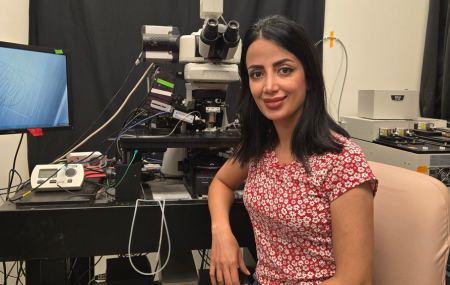This Rare Epilepsy Partnership Award is co-funded by The KCNT1 Slack Epilepsy Foundation
Mutations in the potassium sodium-activated channel subfamily T member 1 (KCNT1) gene and the sodium voltage-gates channel alpha subunit 8 (SCN8A) gene are each associated with developmental and epileptic encephalopathies (DEEs). Recent studies suggest that these different genes may act through common mechanisms, and accordingly, a treatment for one DEE may be effective in the other. This study will use disease-relevant human cellular models with patient mutations for each gene. The team will first use a proprietary platform to extensively characterize the electrical defects in these cells. They will then test novel antisense oligonucleotides (ASOs) targeting each gene and investigate whether ASOs targeting KCNT1 can rescue the electrical properties of SCN8A and vice versa. The results would provide an opportunity to therapeutically link these two genetically distinct DEEs. Identifying a new, common therapeutic for KCNT1- and SCN8A-related epilepsy would provide a way to treat a wider patient population with a single therapy, potentially leading to faster clinical development.









